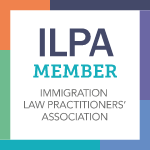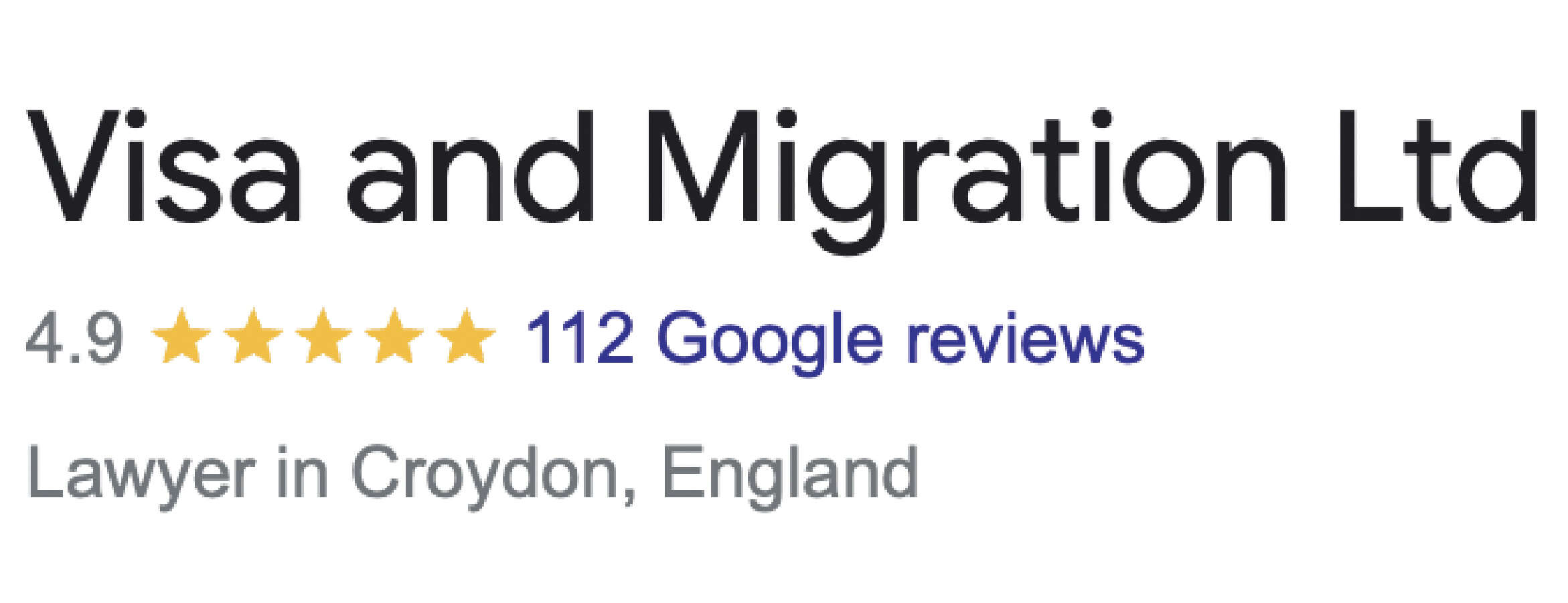The UK allows refugees to seek asylum in the country that enables them to stay in the UK. To seek asylum in the UK, you must leave your country and also be unable to go back because you fear a possible persecution.
Eligibility under the current system
If you feel unsafe in any part of your country because you have a fear of persecution, you can seek refugee status in the UK. Persecution maybe because of the following reasons:
· Nationality
· Race
· Religion
· Political opinion
· There may be other reasons like gender, sexual orientation etc. that put you at risk of persecution because there is social, cultural or religious etc. situation in your country leading to the possibility of such persecution.
The first thing that you need to do in your country is to seek protection from authorities and if you fail to get protection then only you can seek asylum in the UK.
When will your asylum claim be refused under the current system?
Not all asylum claims are acceptable in The UK. Your claim may not be considered if
· You come from an EU country
· You have travelled to the UK through a ‘safe third country
· You have already a connection to a safe country other than your own country and UK where you could claim asylum
Applying for family members under the current system
Applying for your partner and children under 18 (if any) as ‘dependents’ is also permitted if they are with you in the UK.
They can apply on their own as well but in that case they will not be treated as your dependents.
New the plan announced for immigration for those seeking refugee status in the UK
There is a change in asylum policy announced in UK’s parliament recently. On 24 March, Priti Patel, the Home Secretary of UK announced the new plans for immigration to the Parliament of the UK. In her statement, she focused on the point that no illegal migration can be accepted and only lawful immigrants can seek and should be granted asylum in the UK.
The current system of asylum was described as “collapsing one” by the Home Office that enables illegal routes to asylum facilitated by criminal smuggling people into the UK which often results into the loss of
life.
The new asylum system
The new plan is aimed to set out a ‘one-stop’ process requiring all claims of asylum to be made upfront. The new system has been set out to be faster and fairer. The new system is aimed to curb illegal entry into the UK and support more legal entrants. The new system will be tougher on the removal of inadmissible people and friendlier with admissible people.
As per the new asylum system, those who come to the UK illegally will not enjoy the same entitlement as those who come legally. It will be harder now for illegal migrants seeking refuge in the UK.
Priti Patel also said that now coming through a third safe country Like France will not allow such applicants immediate entry into the asylum system which is the case as per the present system.
Also, no one would be able to apply under the disguise of a child abusing the system for which they will introduce a tougher and more accurate scientific age assessment system in place.
Those who bring people through illegal means were termed as “people smugglers” by Priti Patel. She said such people will face new maximum life sentences and this will disable people smugglers as there is now more risk for them if caught.
The new system will seek rapid removal of people who came to the UK from a third safe country. Such deemed inadmissible claim makers will be served with a notification upon arrival which the UK will seek to return them to a safe country. If removal of such people is possible within a reasonable time they will be detained at a facility made for such asylum seekers. But if inadmissible asylum seekers cannot be removed to another country, UK will be obliged to process their claims.
The new system will also allow asylum claims to be processed outside the UK in another country. For this purpose sections 77 and 78 of the National Immigration and Asylum Act 2002 will be amended.
The new asylum system will be made more flexible that will allow authorities to consider people’s asylum claim more swiftly if they are at risk of persecution or there is a threat to their life in their own country because of their gender, religion and cultural beliefs.
...





